
Sergei Fyodorovich BondarchukГСТ HaCCP was a Soviet and Russian actor, film director, and screenwriter of Ukrainian, Bulgarian and Serbian origin who was one of the leading figures of Russian cinema of the 1950s, 1960s and 1970s. He is known for his sweeping period dramas, including the internationally acclaimed four-part adaptation of Leo Tolstoy's War and Peace and the Napoleonic War epic Waterloo.

Im Kwon-taek is one of South Korea's most renowned film directors. In an active and prolific career, his films have won many domestic and international film festival awards as well as considerable box-office success, and helped bring international attention to the Korean film industry. As of spring 2015, he has directed 102 films.
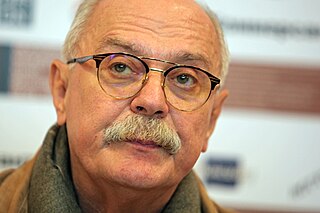
Nikita Sergeyevich Mikhalkov is a Soviet and Russian filmmaker, actor, and head of the Russian Cinematographers' Union. Mikhalkov is a three-time laureate of the State Prize of the Russian Federation and is a Full Cavalier of the Order "For Merit to the Fatherland".
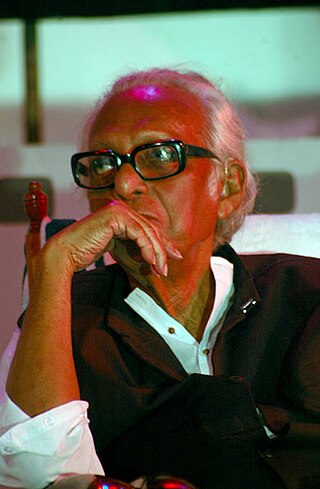
Mrinal Sen was an Indian film director and screenwriter known for his work primarily in Bengali, and a few Hindi and Telugu language films. Regarded as one of the finest Indian filmmakers, along with his contemporaries Satyajit Ray, Ritwik Ghatak, and Tapan Sinha, Sen played major role in the New Wave cinema of eastern India.

Károly Makk was a Hungarian film director and screenwriter. Five of his films were nominated for the Palme d'Or at the Cannes Film Festival; however, he won lesser awards at Cannes and elsewhere. He was born in Berettyóújfalu, Hungary.
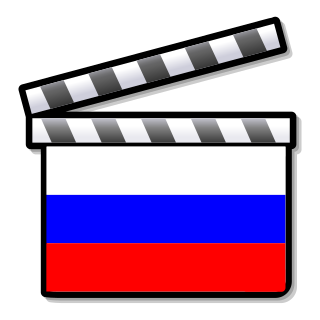
The cinema of Russia began in the Russian Empire, widely developed in the Soviet Union and in the years following its dissolution. The Russian film industry would remain internationally recognized. In the 21st century, Russian cinema has become known internationally with films such as Hardcore Henry (2015), Leviathan (2014), Night Watch (2004) and Brother (1997). The Moscow International Film Festival began in Moscow in 1935. The Nika Award is the main annual national film award in Russia.
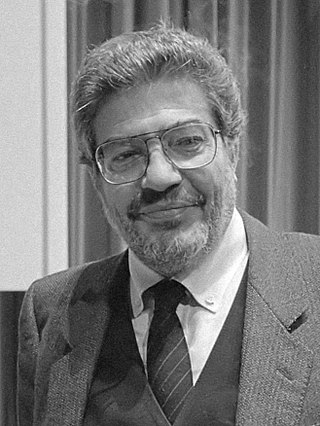
Ettore Scola was an Italian screenwriter and film director. He received a Golden Globe for Best Foreign Film in 1978 for his film A Special Day and over the course of his film career was nominated for five Academy Awards for Best Foreign Language Film.

Márta Mészáros is a Hungarian screenwriter and film director. The daughter of László Mészáros, a sculptor, Mészáros began her career working in documentary film, having made 25 documentary shorts over the span of ten years. Her full-length directorial debut, Eltavozott nap/The Girl (1968), was the first Hungarian film to have been directed by a woman, and won the Special Prize of the Jury at the Valladolid International Film Festival.

Kira Georgievna Muratova was a Ukrainian award-winning film director, screenwriter and actress of Russian/Jewish descent, known for her unusual directorial style.
Christian-Jaque was a French filmmaker. From 1954 to 1959, he was married to actress Martine Carol, who starred in several of his films, including Lucrèce Borgia (1953), Madame du Barry (1954), and Nana (1955).
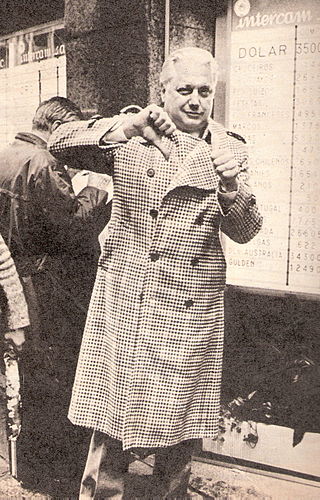
Héctor Olivera is an Argentine film director, producer and screenwriter. Olivera worked mainly in the cinema of Argentina, but also has directed or contributed to several films made for the United States market.

Ruy Alexandre Guerra Coelho Pereira is a Portuguese-Brazilian film director and screenwriter. Guerra was born a Portuguese citizen in Lourenço Marques in Mozambique, when it was still a Portuguese colony.

Pilar Mercedes Miró Romero was a Spanish screenwriter and film director. She was the General Director of RTVE from 1986 to 1989. In the 1990s, she directed the television broadcasts of the weddings of the daughters of King Juan Carlos I.

Mario Camus García was a Spanish film director and screenwriter. He won the Golden Bear at the 33rd Berlin International Film Festival with La colmena. His 1987 film The House of Bernarda Alba was screened in the Un Certain Regard section at the 1987 Cannes Film Festival and in the main competition at the 15th Moscow International Film Festival. His 1993 film Shadows in a Conflict was entered into the 18th Moscow International Film Festival.

Patricio Guzmán Lozanes is a Chilean documentary film director. He is most known for his film trilogy The Battle of Chile (1975-1979) and more recently for another trilogy; Nostalgia for the Light (2010), The Pearl Button (2015) and The Cordillera of Dreams (2019).

Jos Stelling is a Dutch film director and screenwriter.
Red Sien is a 1975 Dutch drama film directed by Frans Weisz, produced by Rob du Mée. The story is based on the play with the same name, created by Marius Spree at the start of the 20th century. Beppie Nooij jr. played the role of Rooie Sien almost 1500 times on the stage. In the film Willeke Alberti plays the role of the young Sien, while Nooij moved on the role of Sien's mother. The film was entered into the 9th Moscow International Film Festival.
The Betrayed is a 1993 Dutch drama film made for television directed by Frans Weisz. It was entered into the 43rd Berlin International Film Festival.
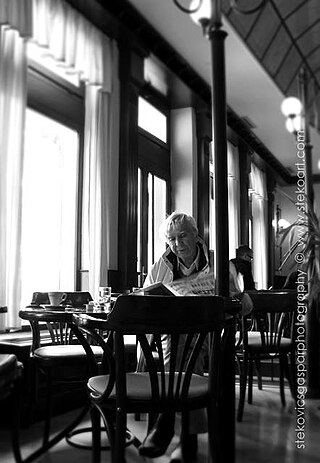
Gyula Maár was a Hungarian film director and screenwriter. He directed 25 films between 1966 and 2007. His 1975 film, Mrs. Dery Where Are You? won the award for Best Actress at the 1976 Cannes Film Festival. In 1986, his film Első kétszáz évem was entered into the 36th Berlin International Film Festival. In 1993, his film Whoops was entered into the 43rd Berlin International Film Festival.
Borhane Alaouié was a Lebanese film director. He directed ten films since 1975. His debut film Kafr kasem was entered into the 9th Moscow International Film Festival where it won a Diploma. His 1981 film Beyroutou el lika was entered into the 32nd Berlin International Film Festival.
















